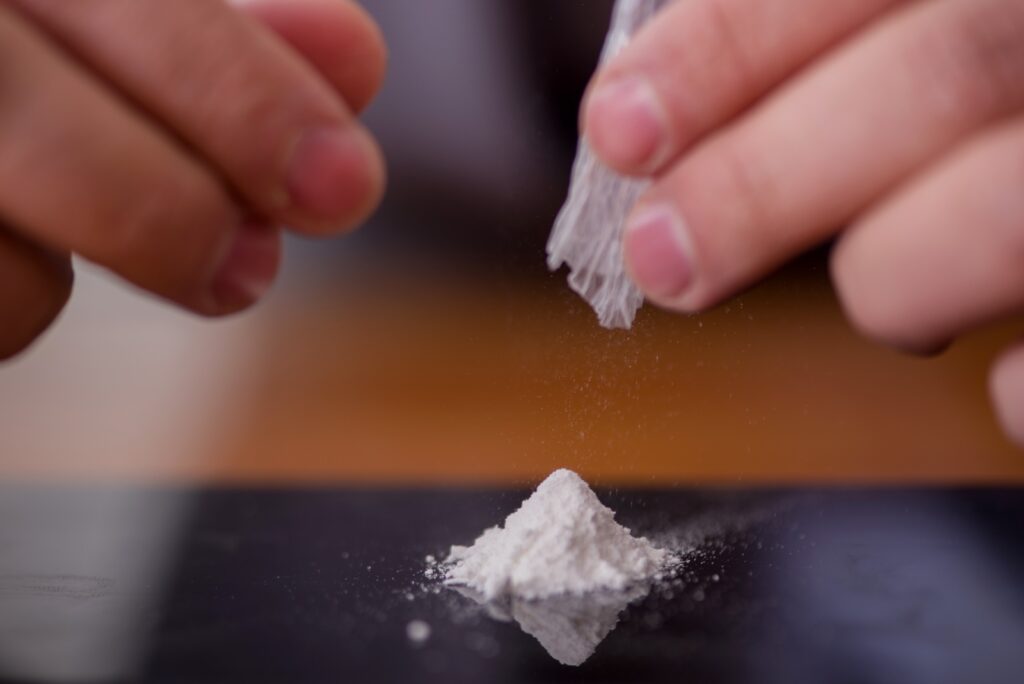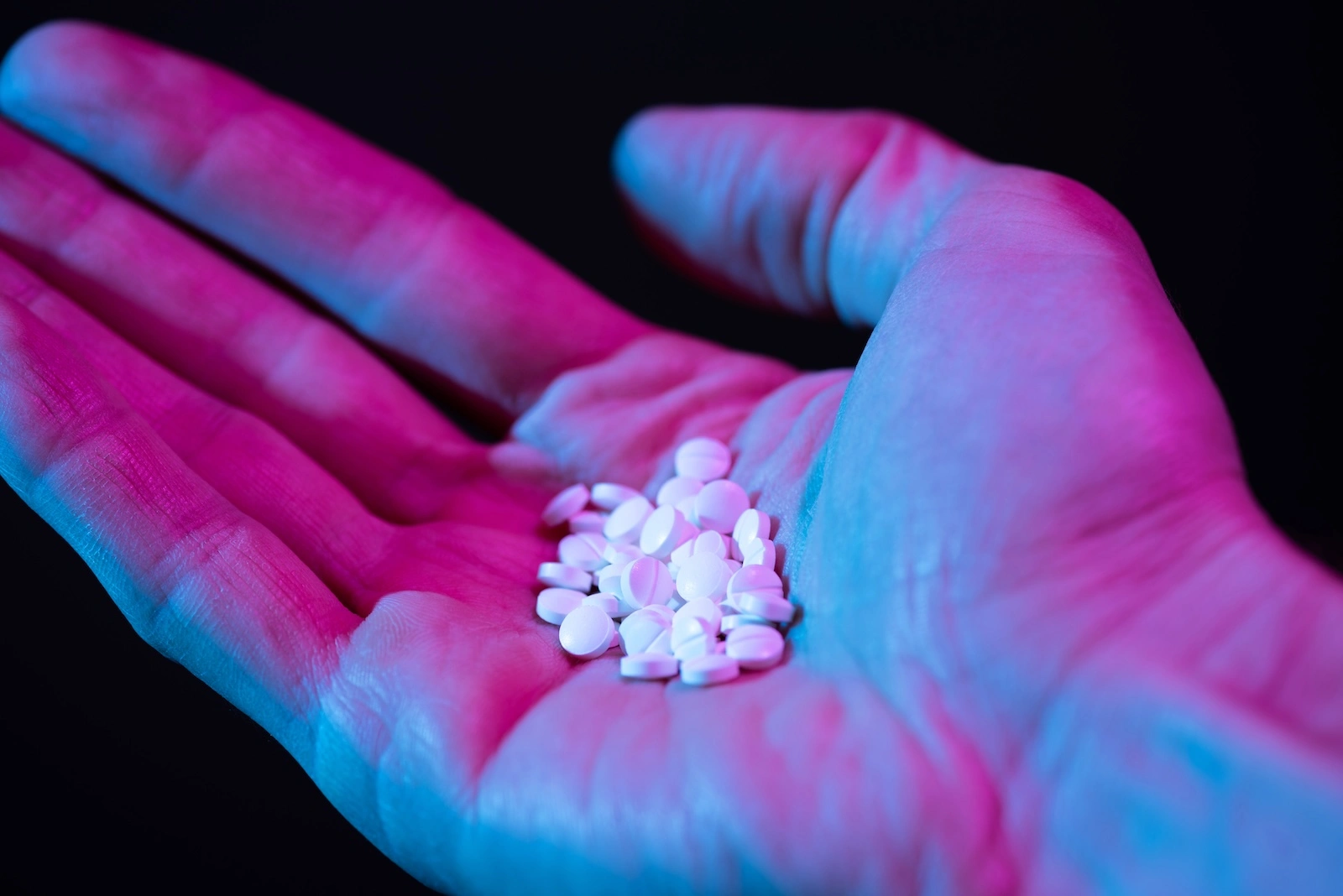Ketamine overdose presents serious health risks and requires immediate medical attention. This dissociative anesthetic, initially developed for surgical settings, now sees both therapeutic and recreational use. People suffering from ketamine overdose typically experience dangerously elevated blood pressure, respiratory depression, and altered consciousness that may progress to coma. The risk increases substantially when ketamine combines with other substances, such as alcohol or opioids. While fatalities from ketamine alone remain relatively rare, they occur more frequently in mixed-substance scenarios.
Key Points:
- Ketamine functions as both a legitimate medical treatment for surgery and depression and a recreational drug with powerful dissociative effects on the brain and body.
- Overdose symptoms include extreme confusion, dangerously elevated blood pressure, respiratory depression, loss of consciousness, seizures, and irregular heartbeat.
- Fatal outcomes occur more frequently when ketamine combines with other substances like alcohol or opioids, with injection presenting the highest risk due to immediate bloodstream absorption.
- Emergency treatment focuses on stabilizing vital functions through airway management, oxygen administration, and medication for blood pressure and seizures until the body metabolizes the ketamine.
- Recovery necessitates comprehensive follow-up care addressing potential organ damage and underlying substance use issues through medical evaluation, mental health assessment, and connection to addiction services.
What is Ketamine?
Ketamine exists as a dissociative and hallucinogenic anesthetic medication first developed in the 1960s for surgical procedures.[1] Doctors originally valued it for providing pain relief and sedation without significantly depressing respiratory function. The FDA approved ketamine for human use as an anesthetic in 1970, and it remains an essential medicine on the World Health Organization’s list due to its safety profile when administered properly in medical settings. Veterinarians also commonly use ketamine for animal surgeries.
Beyond its surgical applications, ketamine has gained approval for treatment-resistant depression in recent years.[2] The FDA approved esketamine (a ketamine derivative) nasal spray in 2019 for patients who haven’t responded to traditional antidepressants. This breakthrough offered hope to many people experiencing severe depression. Medical professionals administer therapeutic ketamine in controlled environments under strict supervision, using significantly lower doses than those required for anesthesia.
Unfortunately, ketamine also circulates as a recreational drug, often called “Special K,” “Kit Kat,” or “Vitamin K” on the street. People misusing ketamine seek its dissociative effects, which can include feelings of detachment, hallucinations, and altered perceptions of reality.[3] This recreational use carries substantial risks, including addiction potential, cognitive impairment, and bladder damage with long-term use. The substance appears in various forms, including powder, liquid, or pills, with snorting representing the most common method of recreational consumption.
Ketamine Effects and Side Effects

Ketamine has powerful effects on the brain and body, primarily on NMDA receptors, disrupting glutamate neurotransmission. This disruption creates the dissociative state that ketamine becomes known for, essentially disconnecting perception from reality. Medical professionals monitor these effects carefully in clinical settings, while people using ketamine recreationally expose themselves to risks and side effects:[4]
- Dissociation from surroundings and self, creating a feeling of detachment or floating.
- Hallucinations alter visual, auditory, and tactile perceptions.
- Reduced pain sensitivity, making it effective for medical procedures but dangerous in recreational settings.
- Impaired motor function leads to difficulty walking, speaking, or performing basic tasks.
- Elevated heart rate and blood pressure are potentially dangerous for people with cardiovascular conditions.
- Confusion and disorientation lasting several hours after use.
- Nausea and vomiting are particularly common during the comedown phase.
- Temporary memory impairment affects both short-term and episodic memory.
- An altered sense of time where minutes may feel like hours.
- Euphoria at lower doses contributes to its appeal as a recreational substance.
Isn’t Ketamine Used For Therapeutic Purposes?
The use of ketamine for therapy offers potentially breakthrough treatment options for conditions previously resistant to conventional approaches. Medical professionals now use carefully controlled ketamine infusions or nasal sprays to address treatment-resistant depression, post-traumatic stress disorder, chronic pain syndromes, and severe anxiety disorders.
These therapeutic applications differ fundamentally from recreational use through precise dosing, medical supervision, and integration with comprehensive treatment plans. Ketamine therapy patients undergo thorough screening to minimize risks and maximize potential benefits.
Therapeutic ketamine remains a relatively new treatment approach, and researchers continue to study long-term outcomes, optimal dosing protocols, and potential applications for other mental health conditions – a large disclaimer and difference from recreational use.[5]
Can You Overdose on Ketamine?
Yes, a ketamine drug overdose can occur and carries potentially fatal consequences.[6] While death from ketamine alone remains relatively rare compared to other substances, it happens more frequently when people combine ketamine with alcohol, opioids, or other depressants. The margin between a recreational dose and a dangerous one narrows considerably in these polydrug scenarios, as multiple substances compete for metabolism and compound respiratory depression effects.
The risk increases significantly depending on the route of administration – injected ketamine reaches the bloodstream almost immediately, allowing little time for dosage correction if miscalculated.[7] People experiencing ketamine overdose require immediate emergency medical attention, as the window for successful intervention narrows quickly once breathing becomes compromised.
Signs and Symptoms of a Ketamine Overdose
A ketamine overdose produces distinct physical and psychological symptoms that require immediate recognition for prompt medical intervention.[8]
- Extreme confusion and inability to communicate coherently beyond typical recreational effects (particularly at high doses).
- Severely elevated blood pressure potentially leads to cardiovascular complications.
- Respiratory depression is when breathing becomes dangerously slow or irregular, and high blood pressure.
- Loss of consciousness progressing from extreme sedation to potential coma.
- Seizures rarely occur with therapeutic doses but indicate drug toxicity or overdose.
- Unresponsive dilated pupils that fail to react to light stimulation.
- Rigid muscles or involuntary muscle movements resembling seizures.
- Vomiting creates additional risks of aspiration when consciousness becomes impaired.
- Bluish discoloration of lips, fingers, or skin indicates oxygen deprivation.
- An irregular or slowed heartbeat potentially leads to cardiac arrest in severe cases.
Treatment For Ketamine Overdose
Emergency treatment for ketamine overdose focuses on stabilizing vital functions and providing supportive care until the substance clears from the body. Medical staff typically establish an airway and administer oxygen to address respiratory depression while continuously monitoring heart rate, blood pressure, and oxygen levels. In severe cases, medications controlling blood pressure and seizures become necessary, along with intravenous fluids to maintain hydration and kidney function. The hospital team addresses each symptom while allowing the body time to metabolize and eliminate the ketamine.
Recovery requires comprehensive follow-up care addressing both physical complications and underlying substance use issues. People recovering from a ketamine overdose benefit from medical evaluation for potential kidney, bladder, or cognitive damage, particularly if the overdose involved chronic ketamine use. Mental health assessment plays an equally critical role, as many people experiencing overdose struggle with addiction, depression, or other conditions requiring specialized treatment.
Connecting with addiction services, therapy, and support groups significantly improves long-term outcomes and reduces overdose recurrence risk.




